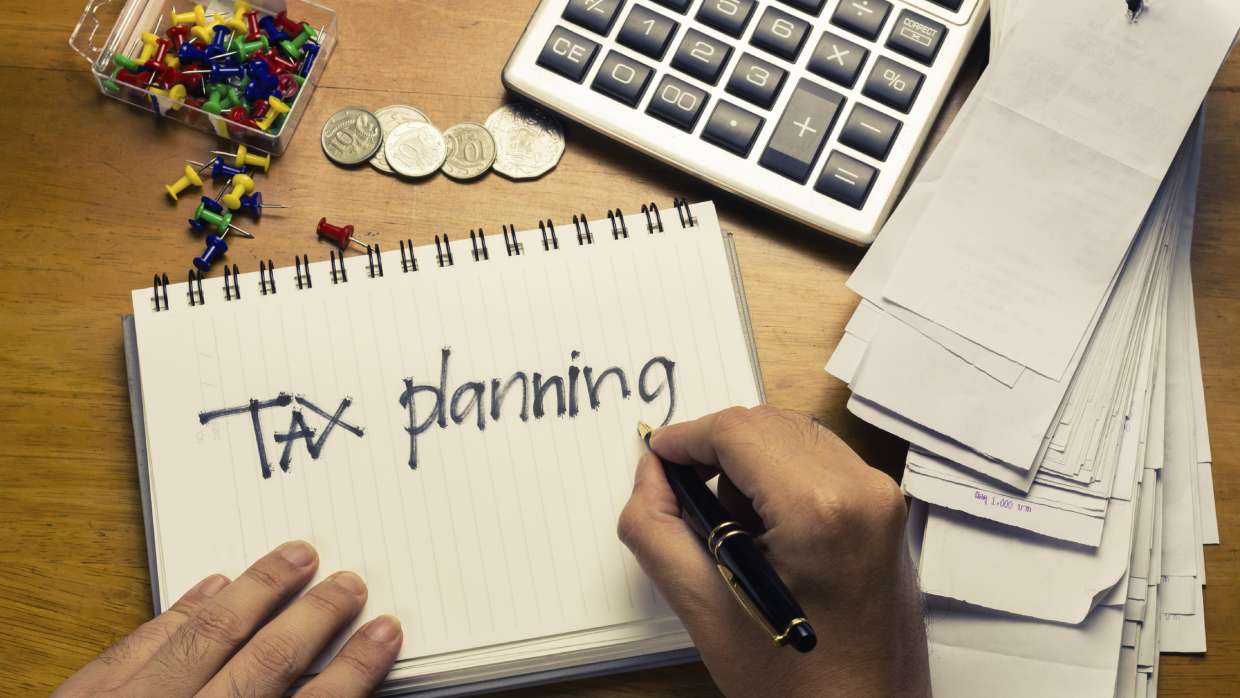Why Tax Planning Should Be a Year-Round Priority
Published: 1/11/2016 7:59:06 PM
The latest available figures reveal that the average American spends more than twice as much for government as for food.
That disheartening statistic underscores just how costly a mistake it is to think of federal income taxes as simply a once-a-year affliction caused by the need to grapple with Form 1040. Instead, what you ought to do is crank taxes into your financial planning throughout the year. You might be pleasantly surprised to discover the scores of tax-saving opportunities that most individuals overlook each year. The savings can add up to thousands of dollars.

Effective tax planning. The first step for effective tax planning is to organize that ever-growing accumulation of records in your desk drawers, closets, and other storage spaces. Also, if you’ve been remiss, resolve now to reconstruct missing or incomplete records before they become hazy in your mind.
Haphazard records can cause you to needlessly lose money to taxes. The better the records you keep, the easier it is to search for opportunities, which is what tax planning is all about.
When it comes to sorting through financial papers, err on the side of caution in deciding which ones to save and which to toss out. To make the chore manageable – and to reduce the likelihood of mistakes – limit yourself to a single category of records at each sitting. For example, tackle all records dealing with investments one evening, insurance another, and so on. Incidentally, this do-it-yourself undertaking provides valuable side benefits: less-cluttered storage spaces and a clearer picture of your financial affairs.
How to gain control over your tax tab. Educate yourself on the current tax opportunities and pitfalls. Ideally, you should be equipped to weigh the tax consequences before you make decisions on whether to invest, borrow, or spend.
In these uncertain economic times, it’s more vital than ever that you assume greater responsibility for your financial future. You ought not to rely exclusively on paid advisers to keep on top of tax-law changes or other legislation that might make it necessary to revise your plans; although a CPA is usually the most helpful. At the very least, you should be knowledgeable enough to raise good questions and evaluate answers when you deal with a professional. The informed client gets the best advice.
A quick, low-cost way to become savvy is to sign up for adult education courses on taxes, investing, and other aspects of personal finance. Choose from an array of classes tailored to your interest that are available at places like high schools and community colleges.
The combination of self-education with a trusted tax advisor will provide you with helpful advice on topics that run the gamut from:
- Timing the receipt of income and the payment of deductions to your best advantage.
- Opening, operating, and closing business ventures.
- Getting married or divorced.
- When and how much money to take out of tax-deferred retirement accounts like IRAs and 401(k)s.
- Whether to make lifetime gifts of money and other kinds of property to family members or to leave the assets to them.
A trusted tax advisor or CPA will alert you to money-saving techniques that will typically save you more money than it costs you.
Contact us today and let us help reduce your tax liabilities!